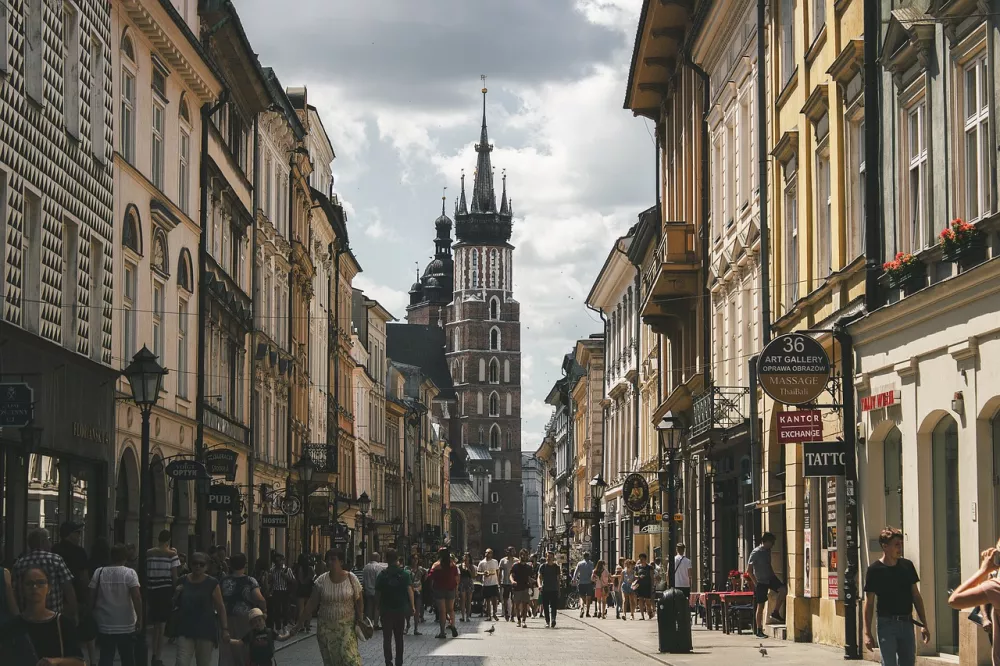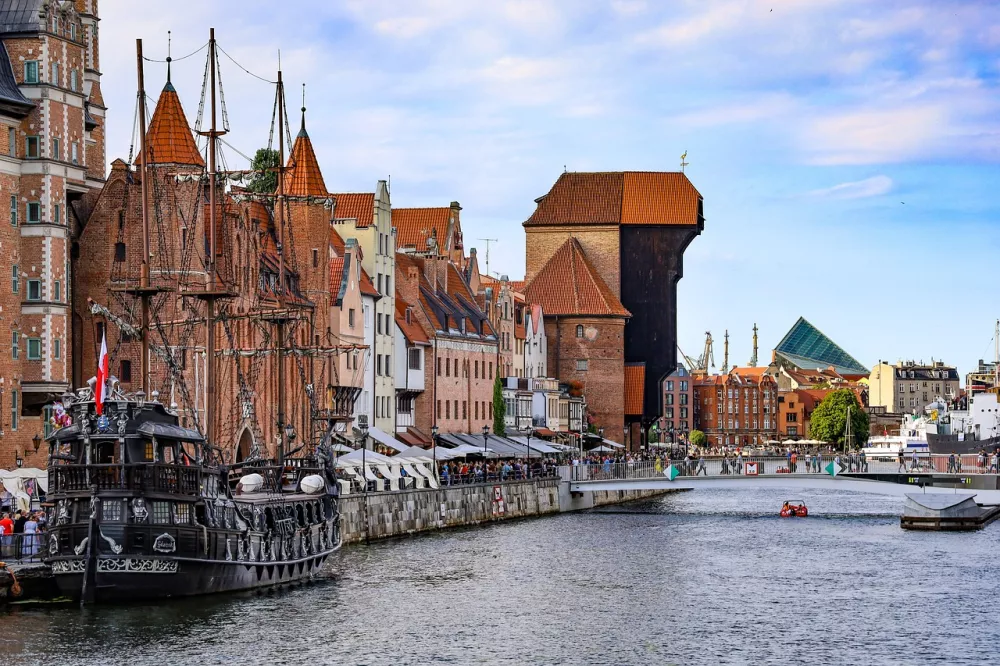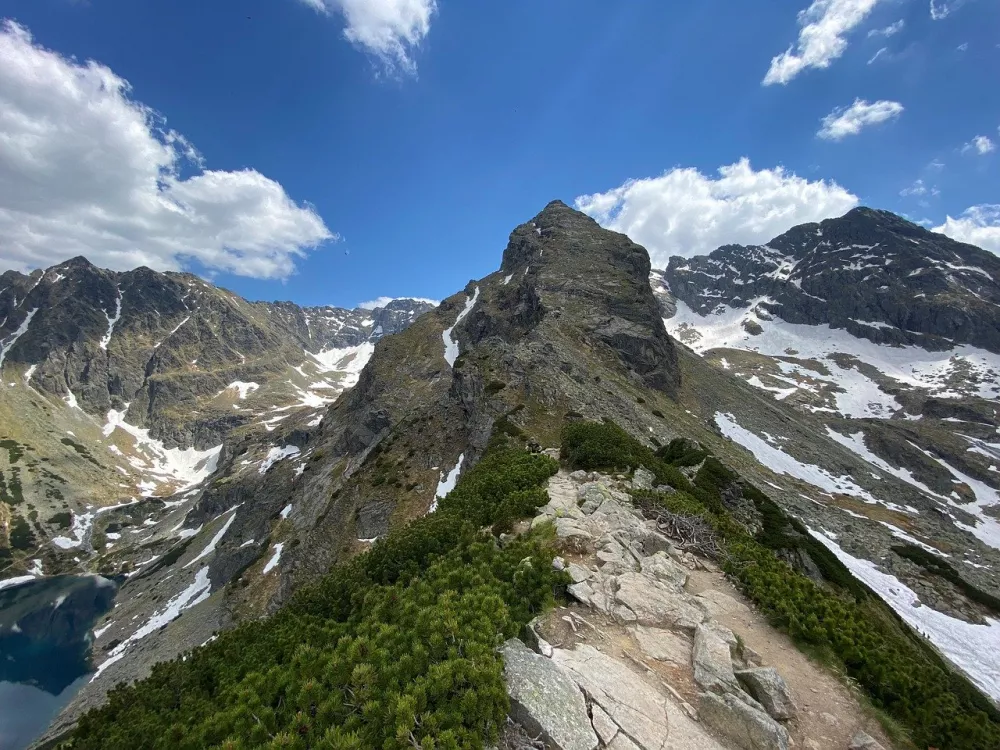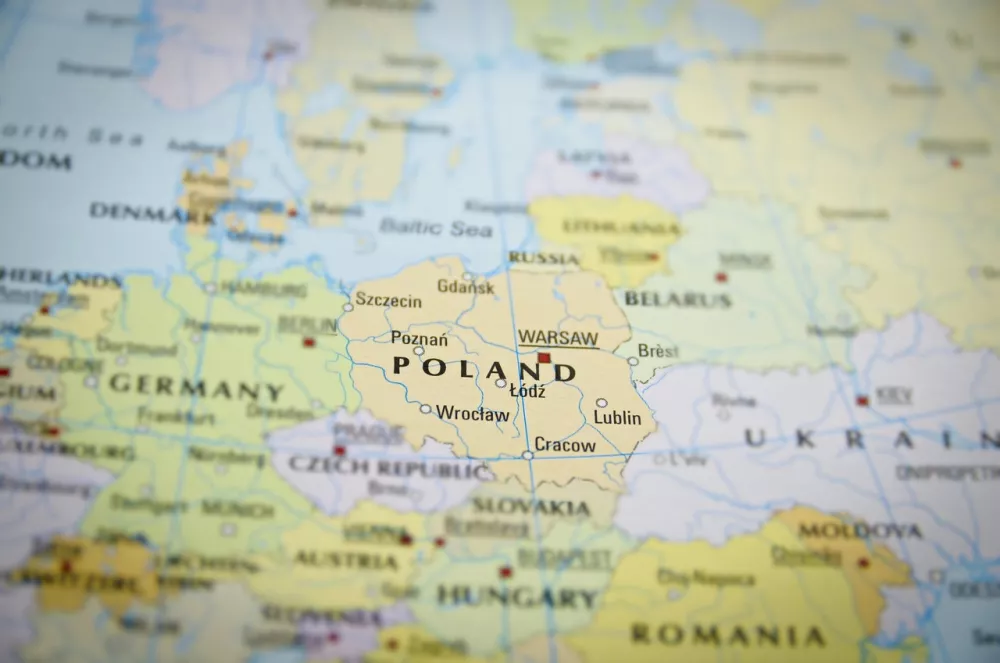Poland - guide 
With the gradual warming of the climate, the Baltic Sea coast is becoming more and more attractive. :) On the way to the Baltic, you can make a stop in one of the beautiful historical cities such as Krakow or Warsaw or perhaps buy an amber piece of jewelry. Nature lovers will certainly be delighted by the Polish mountains around Zakopane, not only with their beauty, but also with the price/quality ratio.
Warsaw - The capital of Poland, known for its rich history. You will find both ancient monuments and modern architecture. The city offers a diverse mix of historical and cultural experiences, including breathtaking palaces, museums and beautiful parks.
Krakow - A historic city, known for its rich cultural and artistic scene, historical monuments such as Wawel Castle and the Old Town.
Gdańsk - A historic city in northern Poland, located on the shores of the Baltic Sea. It is famous for its rich maritime history, one of the largest ports on the Baltic and a well-preserved Old Town.
Wrocław - The third largest city in Poland is located on the Oder River. Here you can admire historical architecture, beautiful bridges, a lively Old Town and a university that attracts many students and visitors from all over the world.
Baltic Coast - A coast known for its long sandy beaches, diverse natural scenery and picturesque seaside towns. The region offers many tourist activities, such as coastal walks, water sports and tasting local specialties.
Zakopane - A picturesque mountain town located in the Polish Tatra Mountains. It is famous for its traditional wooden architecture, mountain resorts and a rich offer of winter sports.

Poland is located in Central Europe and is bordered by Germany to the west, the Czech Republic and Slovakia to the south, Ukraine, Belarus and Lithuania to the east, and the Baltic Sea and Russia (Kaliningrad Region) to the north. The Republic of Poland covers an area of 312,696 square km. They speak Polish here and pay in Polish zlotys.
Around 38 million people live in Poland, of which less than 2 million live in the capital, Warsaw.
The rich and long history of Poland dates back to the early Middle Ages. In 966, Prince Měšek I accepted Christianity, which is considered the beginning of the Polish state.
Among the most important monuments are the Wawel Royal Castle in Krakow, the historic center of Warsaw (UNESCO), the Wieliczka salt mines, and the city of Gdańsk.

Poland has a diversified economy with a significant industrial sector. The main industries include the automotive industry, engineering, the chemical industry, the food industry and the IT sector. Poland also grows some agricultural products on a large scale, such as grain, potatoes and rapeseed. It exports most to Germany.
Poland is a member of many international organizations, including the European Union (since 2004), NATO (since 1999), the United Nations and the World Trade Organization. The political system is dominated by a bicameral parliament consisting of the Sejm (lower chamber) and the Senate (upper chamber).
Poland offers many tourist attractions, from beautiful nature reserves and national parks (Tatra, Bieszczady) to historic cities such as Krakow, Wroclaw, Gdańsk and Warsaw. In the summer, more and more tourists go to the Baltic Sea coast, while mountain areas such as the Polish Krkonoše and the Tatras attract lovers of skiing and hiking.

Poland has a well-developed education system with many universities and research institutions. They founded the Jagiellonian University in Krakow as early as 1364.
Poland celebrates many traditional holidays such as Christmas (Boże Narodzenie), Easter (Wielkanoc) and Independence Day (Święto Niepodległości) on November 11.
Polish cuisine is famous for hearty dishes such as pierogi (stuffed dumplings), bigos (cabbage mixture with meat), jurek (sour soup) and Polish sausages.
